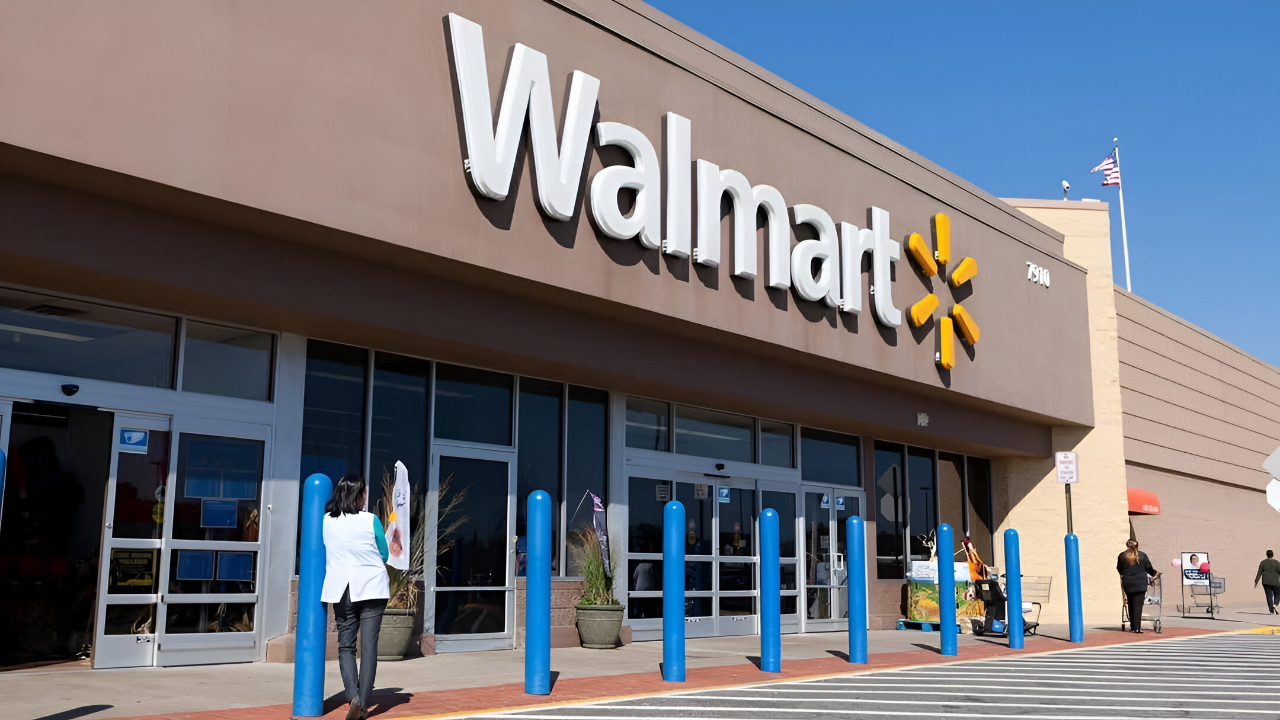
A devastating listeria outbreak swept through 15 U.S. states in September and October 2025, affecting major retailers such as Walmart, Trader Joe’s, and Kroger.
Health officials report four deaths and at least twenty hospitalizations, most among seniors and people with weakened immunity.
According to the CDC and FDA, Walmart initiated one of the largest food recalls in recent years, aiming to prevent further cases as clusters of infection multiplied. This event sent shockwaves through the food and retail industries nationwide.
The Source of Contamination
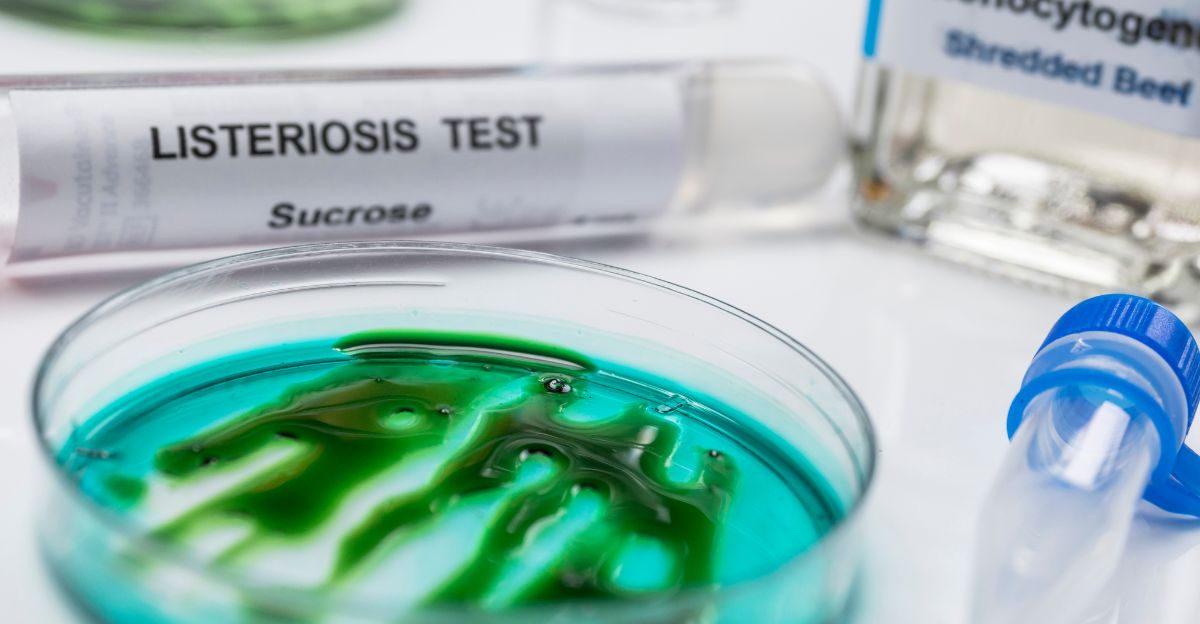
Investigations quickly traced the outbreak to pre-cooked pasta meals produced by FreshRealm, supplied nationally to Walmart, Kroger, and Trader Joe’s.
FDA inspectors found hygiene lapses and insufficient pathogen control in supplier facilities; the pathogen Listeria monocytogenes was detected in the Marketside and Home Chef brands.
Multiple supplier failures enabled a rapid, multi-state spread, revealing critical vulnerabilities in modern food supply chains.
Immediate Consumer Effects
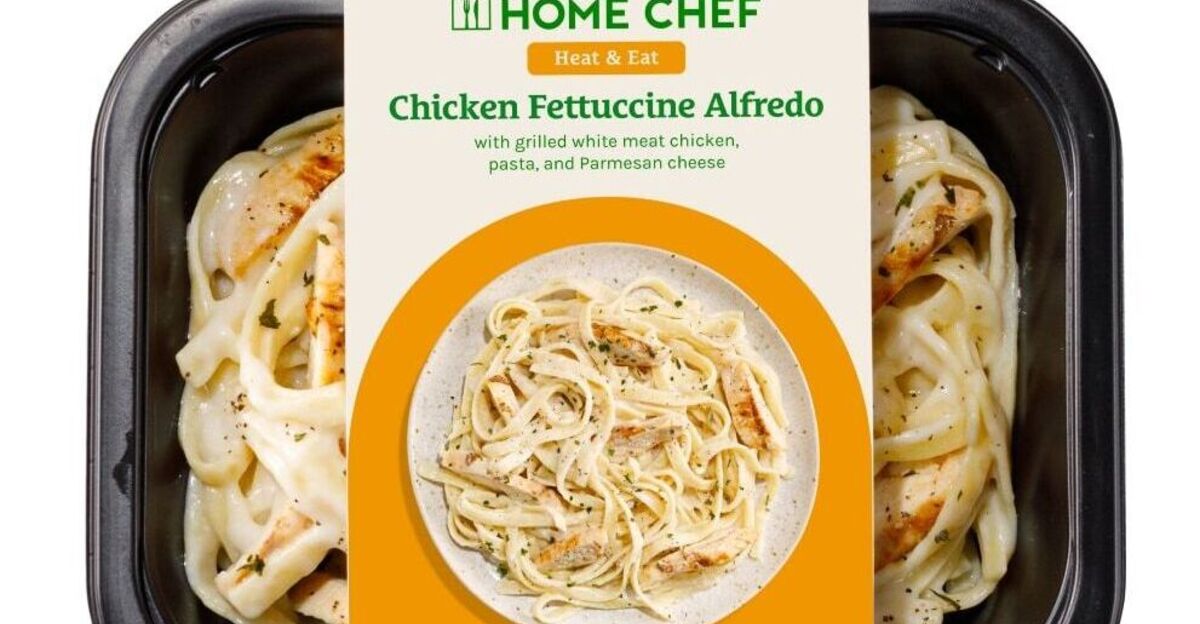
Consumers nationwide were urged to remove recalled pasta meals from their homes—such as Marketside linguine beef meatballs and Home Chef chicken Alfredo—amid warnings about the bacteria’s severe health consequences.
Refund requests surged, particularly among vulnerable populations, while health officials issued guidance on monitoring symptoms and seeking medical assistance. Many families expressed concerns about broader food safety issues.
Major Retailers React

Walmart led a coordinated recall across over 3,000 locations, removing all potentially contaminated meals and posting alerts online and in stores.
Kroger, Albertsons, and Trader Joe’s followed suit, utilizing social media, press releases, and customer helplines to address concerns of worried customers.
Retailers also launched detailed FAQs and safety information portals, highlighting the scale of the crisis as new cases appeared.
The States That Were Affected
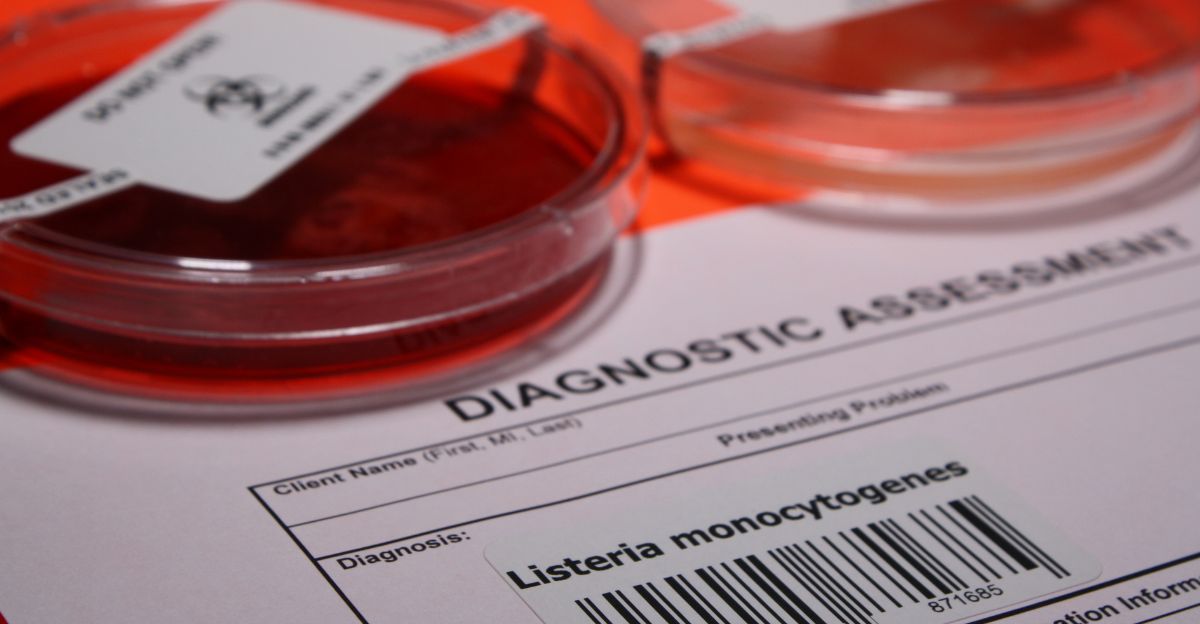
Deaths associated with the listeria outbreak occurred in Utah, Illinois, Michigan, and Texas. Confirmed infections were reported in the following 15 states: California (2 cases), Florida (1), Illinois (1), Indiana (1), Louisiana (2), Michigan (2), Minnesota (1), Missouri (1), Nevada (1), North Carolina (1), Ohio (1), South Carolina (1), Texas (3), Utah (1), and Virginia (1). The CDC notes that these numbers only reflect known cases, and the actual extent of the outbreak may be wider.
Shock in International Food Trade

Global implications followed as U.S. authorities increased inspections of imported ingredients associated with ready-to-eat meals.
European and Asian exporters worried about additional delays and stricter testing requirements for food shipments.
Markets responded by tightening supplier vetting and innovating with recordkeeping for global traceability standards.
Cleanup Expands at FreshRealm Facilities

Following the nationwide recall, facilities tied to FreshRealm—the supplier for numerous recalled pasta meals—underwent comprehensive cleaning and sanitation procedures.
News coverage confirmed that enhanced hygiene protocols and environmental testing were implemented as federal regulators investigated the origins of the listeria outbreak.
Such measures are standard in outbreak response to ensure that food production environments meet safety requirements before resuming full operations.
Food Safety Improvements
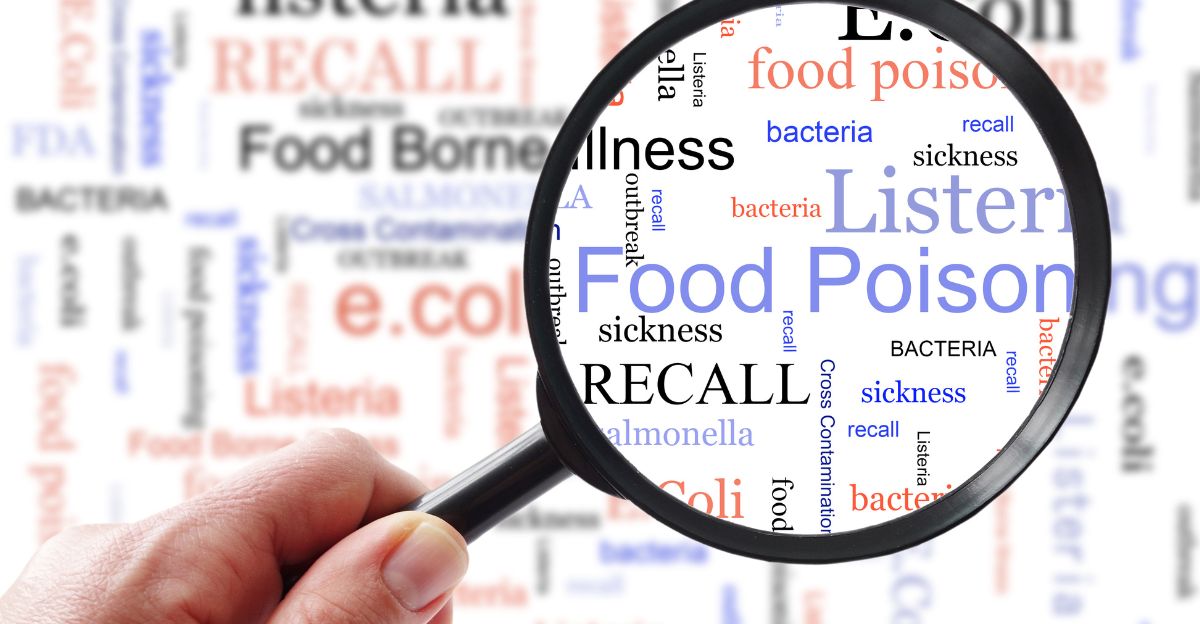
In the wake of this and other major recalls, Congress frequently holds public hearings and scrutinizes FDA oversight regarding foodborne illness prevention.
Lawmakers from both parties have debated measures to strengthen food safety compliance, improve recall procedures, and enhance FDA resources.
Calls for stricter regulations and bipartisan discussions typically follow any large national outbreak, as policymakers balance public health needs with industry realities.
Ready-to-Eat Food Inflation
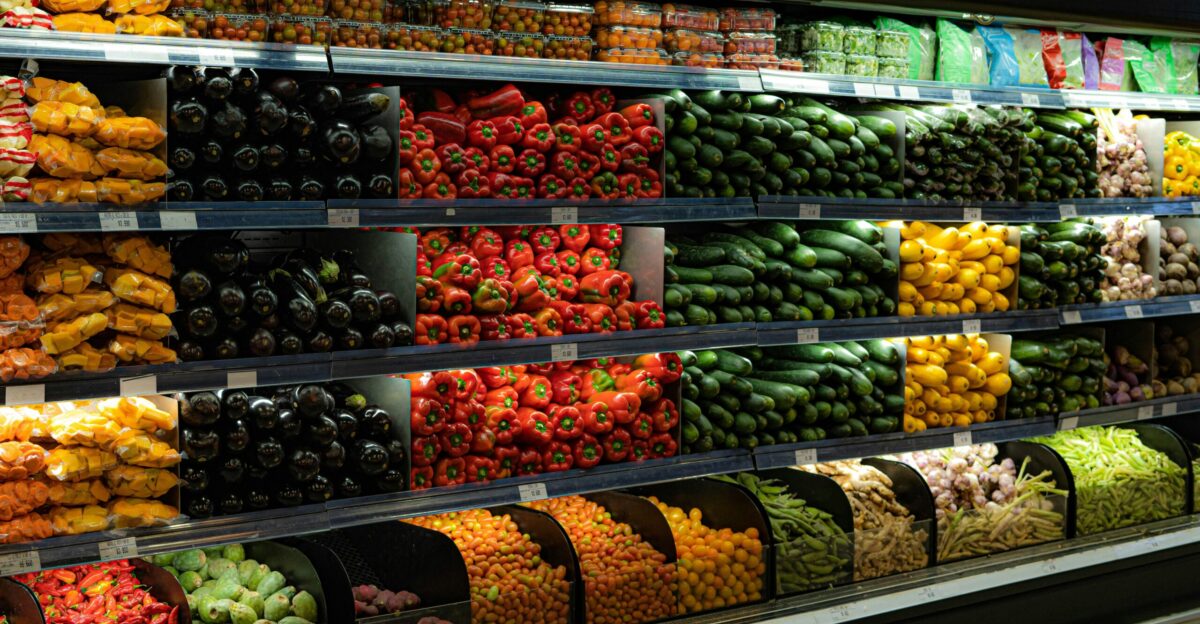
Food inflation edged higher due to supply chain disruptions and sudden shortages of recalled products. Retailers compensated with discounts on fresh and frozen alternatives, but price increases for convenience foods persisted as demand shifted. Experts say spikes could last for months as distribution networks adapt and costs are recalculated.
Retail Strategies Shift Toward Assurance
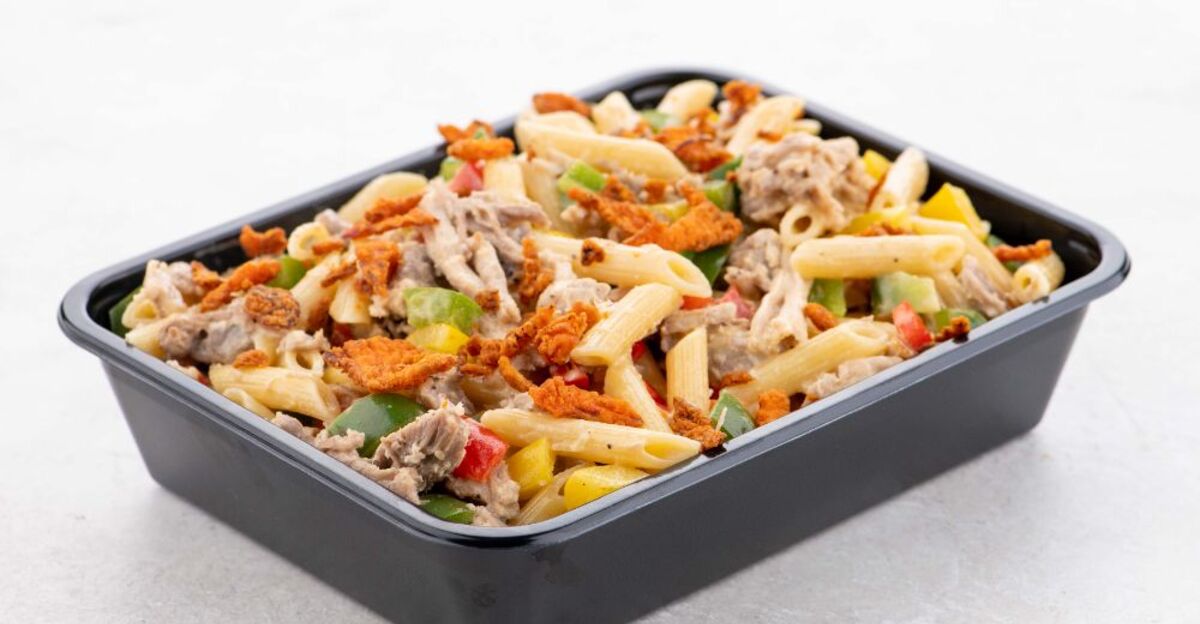
During the listeria outbreak, Walmart responded by removing all potentially contaminated ready-to-eat pasta meals from its stores nationwide.
The affected products included Marketside Linguine with Beef Meatballs & Marinara Sauce, which tested positive for Listeria.
In coordination with health authorities, Walmart posted public alerts, urged customers to check and discard specific items, and worked with suppliers to investigate the contamination.
These actions are consistent with standard industry procedures for protecting consumers during food safety incidents.
Restaurant Menus and Sourcing Overhaul

In response to the outbreak and resulting recall of pre-cooked pasta meals, many restaurants swiftly removed identified products from their menus.
Health advisories prompted food service operators to review and strengthen food handling procedures—particularly sanitation and supplier verification protocols—to minimize risk to customers.
These measures are standard industry practice following large-scale recalls, protecting both public health and the reputations of restaurants.
Extended Impacts on Related Industries
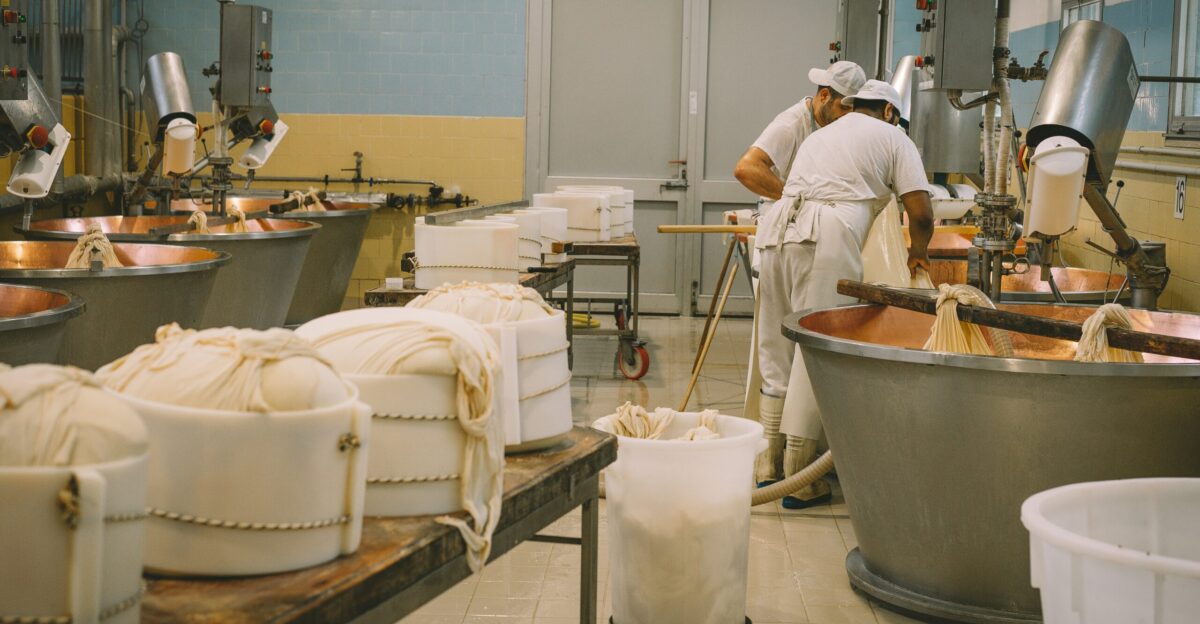
Meat processors, cheese suppliers, and packaging manufacturers associated with recalled products experienced reduced orders and revenue losses.
Secondary industries—including pet food, livestock feed, and fertilizer—were affected as byproducts from the pasta meal supply chain declined. Market analysts expect a gradual sector recovery pending regulatory reforms.
Consumers Worldwide Take Notice

Overseas buyers of U.S. convenience foods increased safety checks and demanded new documentation for imports.
European and Asian supermarkets delayed product launches or issued local notices, reflecting widespread nervousness. Exporters responded by improving their reporting and engaging in direct communication with international partners.
Safer Eating Habits Among Americans

The outbreak nudged many American households to favor fresh ingredients and home-cooked meals. Nutritionists and food safety experts reported growing interest in basic food safety education and clean-label products.
Meal planning tutorials and cooking clubs saw increased participation, suggesting longer-term lifestyle changes.
Cultural Debate Over Food Safety

Voices from advocacy groups, industry leaders, and consumers reignited dialogue around industrial food safety.
Some pushed for more precise product labeling, while others requested government transparency regarding outbreak investigations and supplier audits.
Environmental activists linked the crisis to broader debates on sustainable food systems and corporate accountability.
Substantial Losses
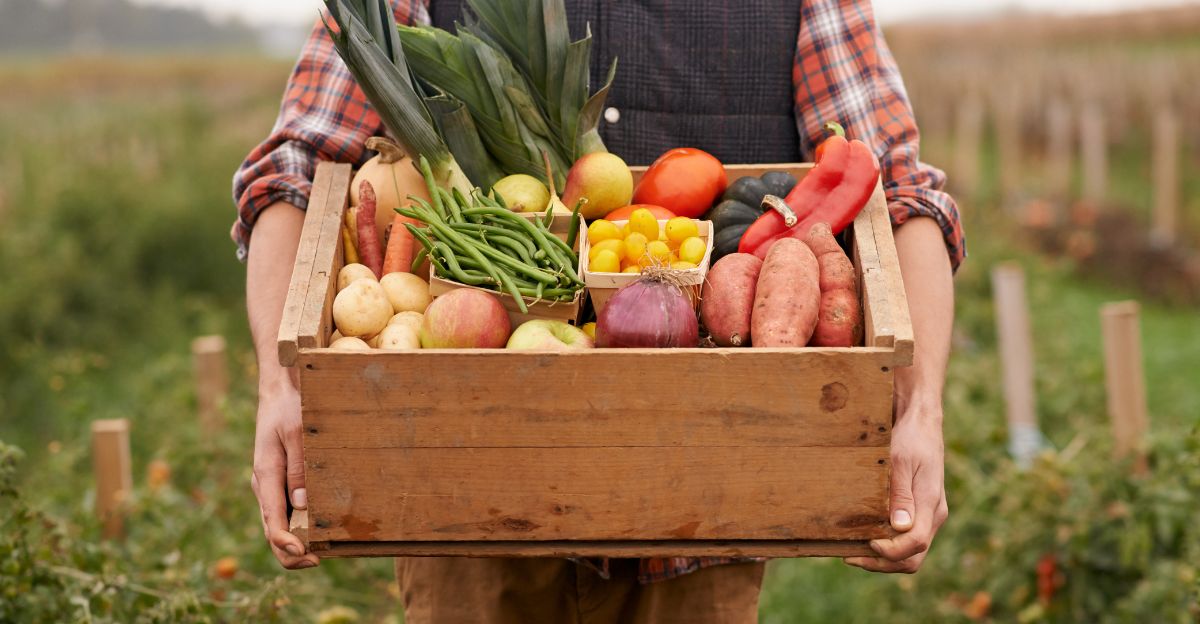
Local farms and producers enjoyed a surge in demand from consumers concerned about processed foods. Large national brands and manufacturers named in the recall suffered substantial financial losses, saw their share value decline, and faced reputational damage. Legal experts predicted lawsuits for lost profits and consumer class actions.
Market Speculation and Financial Moves
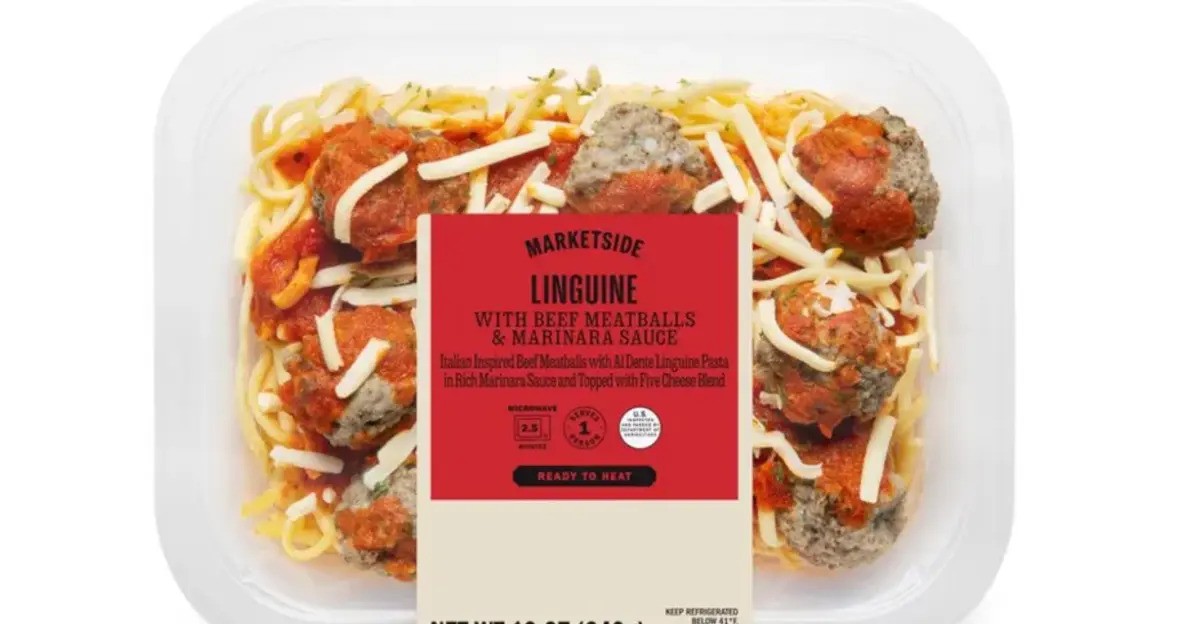
Stocks of affected national food brands and suppliers sank decisively after the recall news broke. Conversely, investors sought opportunities in meal delivery services, local produce networks, and transparency-focused brands. Analysts predict sustained market volatility and new investment in supply chain safety technology.
Practical Consumer Advice
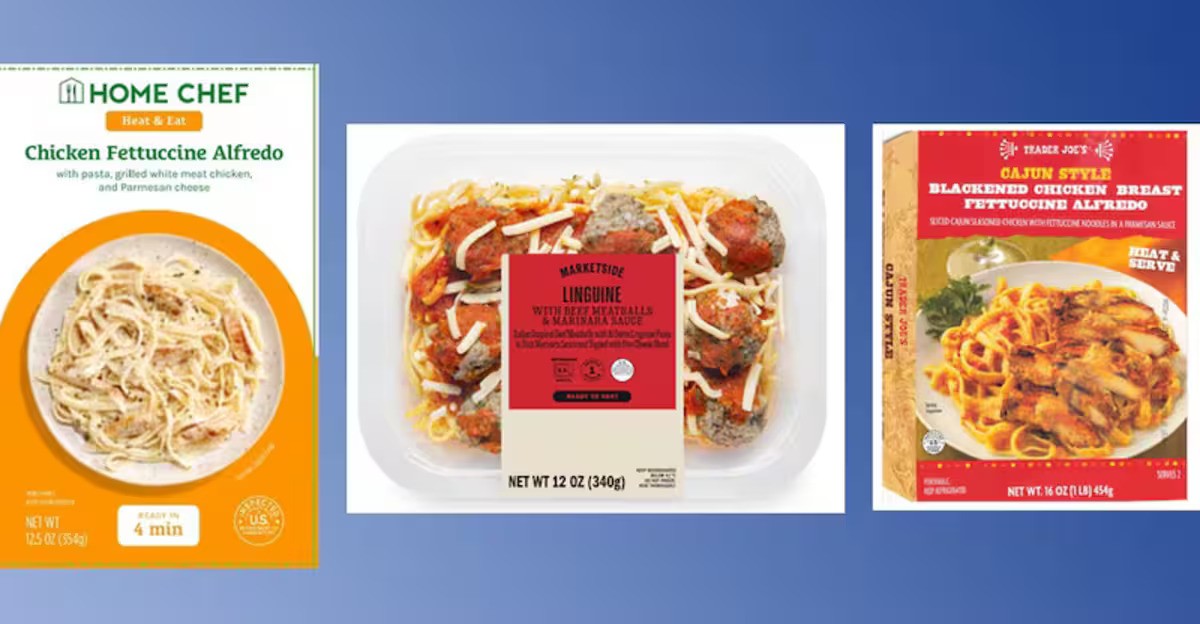
Public health agencies recommend that anyone who purchased recalled pasta meals discard them immediately and monitor for symptoms, including fever, muscle aches, and gastrointestinal distress.
Pregnant women, the elderly, and immune-compromised consumers should remain vigilant. Official recall lists are updated frequently by the CDC and FDA.
What Changes May Come Next?
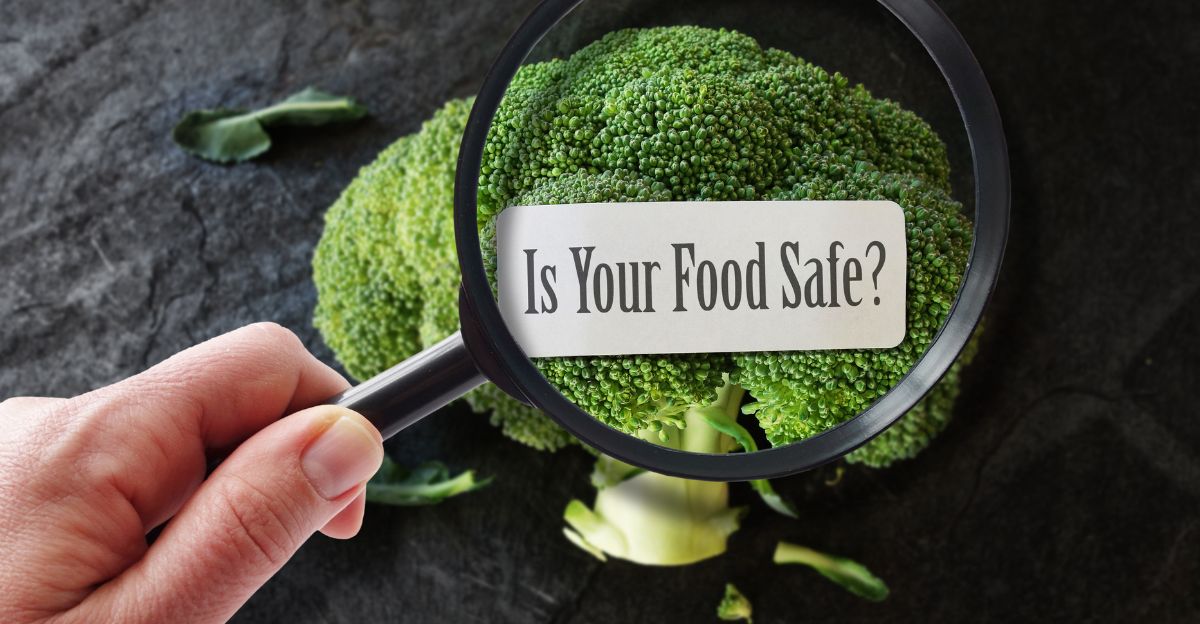
Food safety experts anticipate significant regulatory improvements, including enhanced traceability technology, supplier audits, and rapid recall systems, across the industry.
Congress and agencies are lobbying for proactive rather than reactive laws, suggesting the outbreak may permanently reshape American processed food policy.
Outbreak’s Lasting Impact

With broad implications for retail, supply chains, consumers, and public policy, the listeria outbreak highlights the complex risks associated with modern food production.
Its ripples include greater scrutiny of convenience foods, fresh conversations in government, and enduring changes in how Americans buy, prepare, and trust their meals.